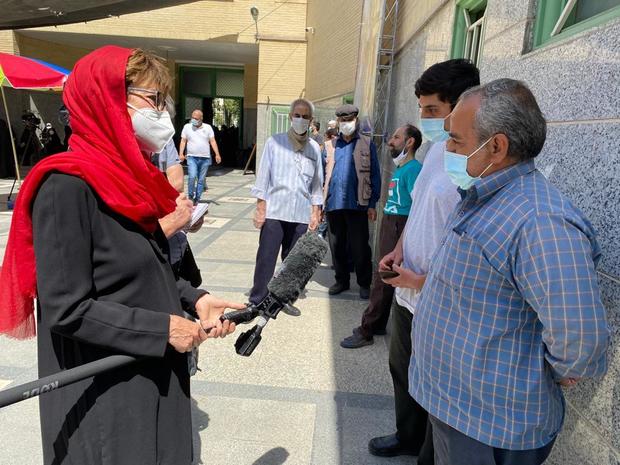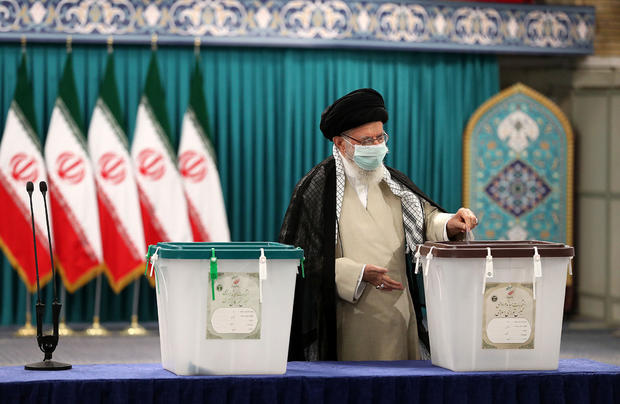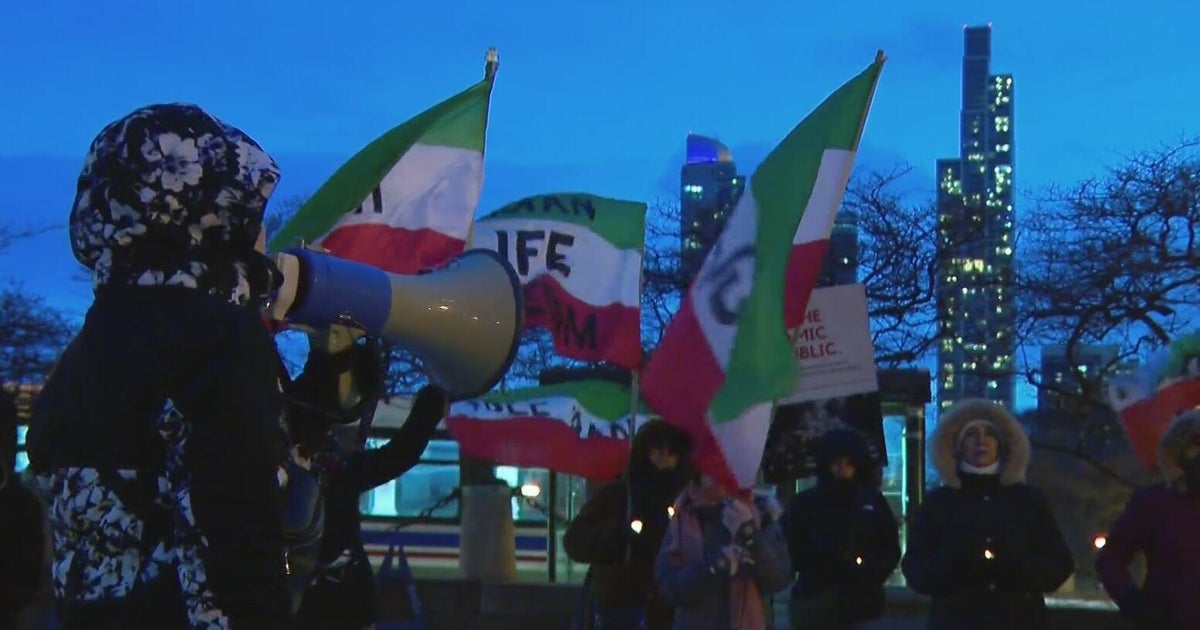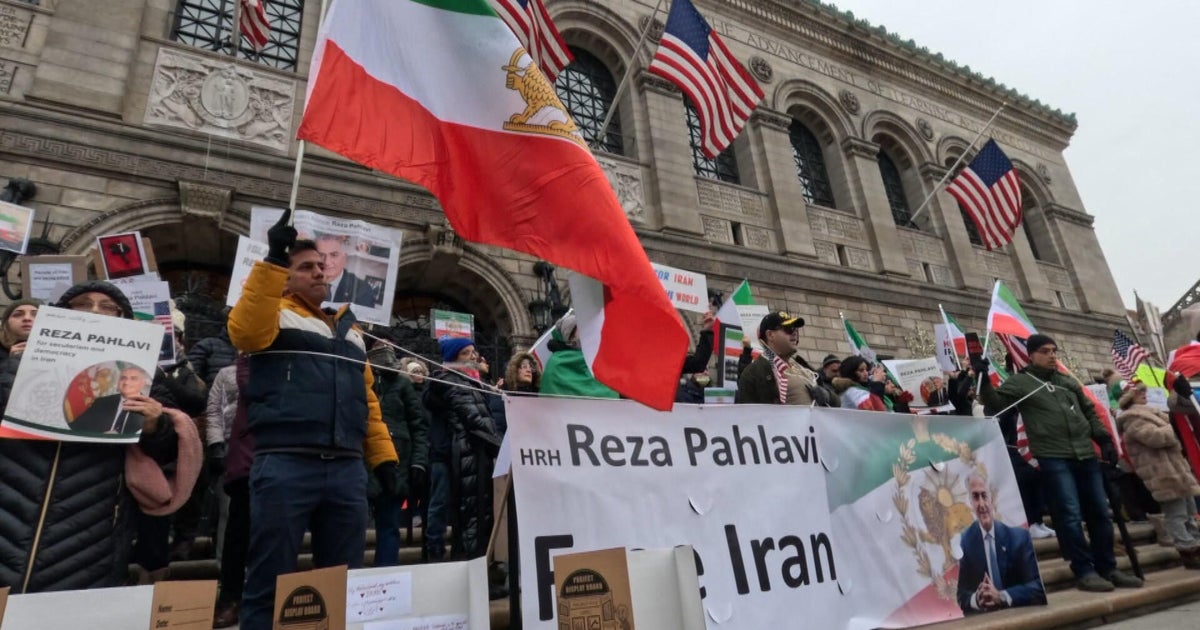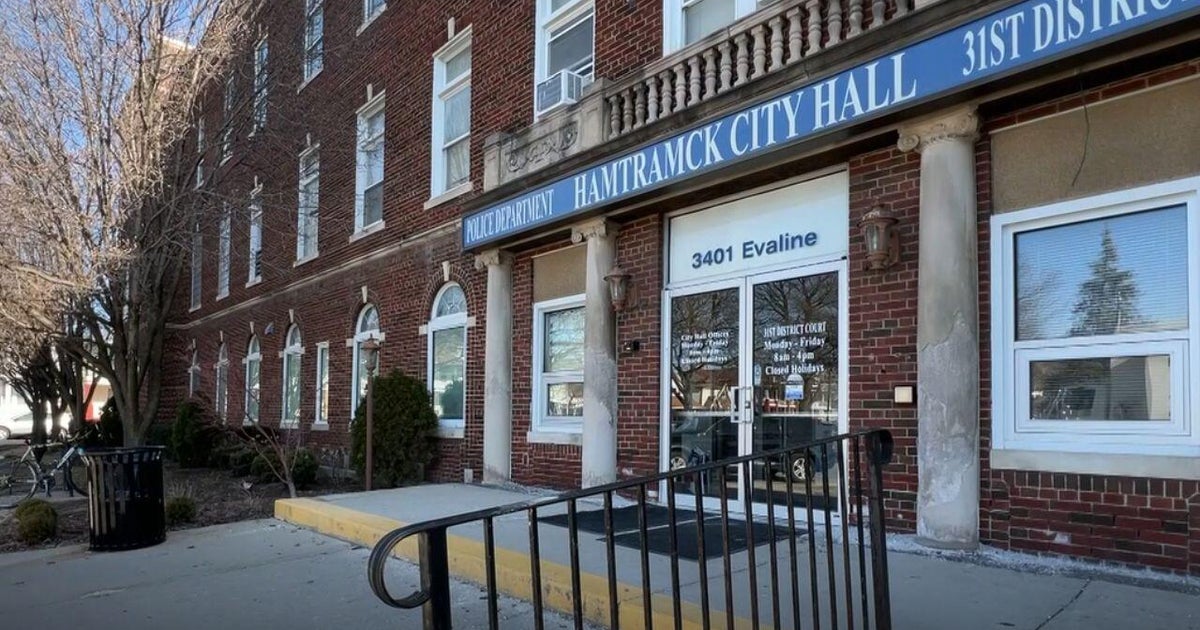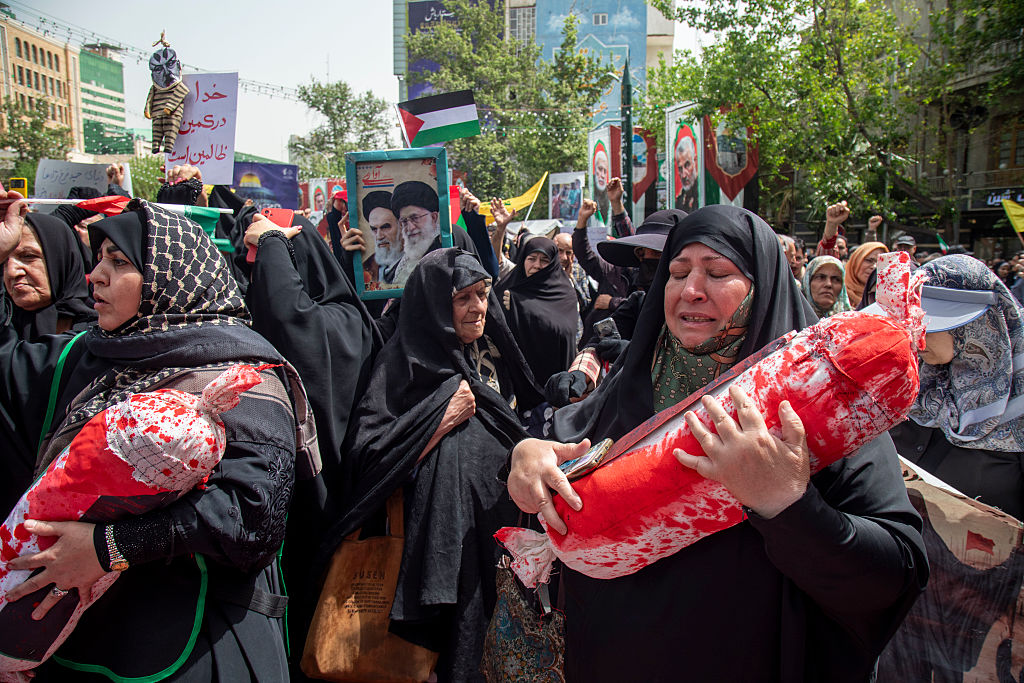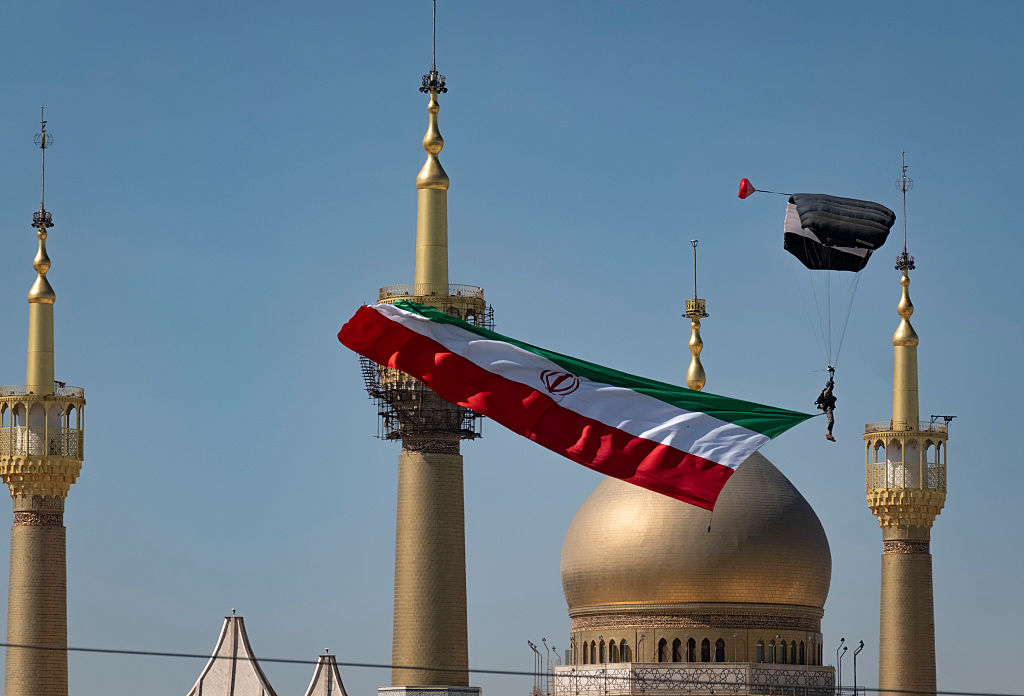Iran election likely to seat new, hardline president as nuclear deal hangs in the balance
Tehran — Iran is still battling a serious COVID-19 epidemic, but it didn't stop the government from going ahead with a presidential election. Supreme Leader Ayatollah Ali Khamenei cast the first ballot on Friday morning.
Some 59 million Iranians are eligible to vote, but the question is, will they bother? Authorities here are worried that turnout could be embarrassingly low. For more than a decade, Iranians have been getting poorer. Disillusioned and fed up, many have lost faith in their country's political system, and their government.
Iranian state media said that just before 5 p.m. local time, 10 hours after the polls opened, about 23% of eligible voters had turned up. At the mosque polling station that CBS News visited on Friday, which sits in a conservative area generally friendly to the government, we saw lines, but not as long as we have in past elections. A polling station in central Tehran stayed open after it was scheduled to close after authorities, worried about turnout, decided to keep it open as long as it takes to get every last vote.
Iran's economy, battered by U.S. sanctions, endemic corruption and then the coronavirus pandemic, has withered, and the price of basic goods has skyrocketed.
The price of chicken, for example, has more than doubled in just 10 years.
There's another reason turnout may be low: An online campaign urging people not to vote. It's a protest against Iran's rigged political system, which only allowed seven men to run for the presidency — all of them from within the ruling establishment, and five of them conservative hardliners. Three dropped out the day before the vote.
Ebrahim Raisi, the frontrunner, is particularly controversial. Head of the country's powerful judiciary, he led the crackdown on anti-government protesters in 2019, and he tolerates zero dissent. If elected, he would become the first Iranian president to take office with U.S.-imposed sanctions already listing him personally: He was sanctioned by the U.S. government over his involvement in a mass-execution of political prisoners almost three decades ago.
Under Raisi, Iran's relationship with the outside world, especially the U.S., is likely to become even more confrontational. That may complicate matters for the Biden administration as it tries to draw Iran back into the nuclear agreement that President Biden's predecessor pulled the U.S. out of in 2018.
Raisi is unlikely to back concessions on non-nuclear quibbles the U.S. has with Iran — the country's backing for extremist groups in the region and it's conventional weapons program, for instance — which Biden is under domestic pressure to address with any return to the nuclear deal.
Under the 2015 pact, formally called the Joint Comprehensive Plan of Action, Iran agreed to strict limits on its uranium enrichment program, and to the International Atomic Energy Agency verifying its compliance with the deal, in exchange for huge economic relief from economic sanctions.
After then-President Trump pulled the U.S. out, Iran cried foul and said it would start breaching the terms of the agreement. It has made good on that threat over the last two years, ramping-up enrichment and stockpiling more highly-enriched uranium than it ever had before.
U.S. Secretary of State Antony Blinken has warned that unless the pace of Iran's nuclear agreement violations is checked, it could reduce the "breakout" time hypothetically needed for the country to make a nuclear weapon to "a matter of weeks." Iran has always insisted that it has no intention to shift from civilian nuclear work to a weapons program, but American officials believe the country worked covertly for years to do just that, until the early 2000s.
Iran's chief nuclear negotiator Abbas Araqchi said in a television interview on Thursday that "good and tangible progress" had been made in Vienna, Austria, where European envoys have been shuttling between American and Iranian delegations for weeks to try and reach a deal under which both Iran and the U.S. would return to the nuclear pact.
But he didn't say a deal was imminent.
"I think we are closer to an agreement than ever before, but there are still fundamental issues that we need to agree on," he said.
Araqchi insisted that Iran's presidential election would have no effect on the progress of the negotiations in Vienna.
Election frontrunner Raisi has said that, if he's elected, he'll respect any return to the nuclear deal that his team and the U.S. negotiators agree to.
But Raisi is much more closely aligned politically with the country's Supreme Leader, Ayatollah Ali Khamenei, than he is with outgoing President Hassan Rouhani, a relative moderate under whom Iran signed the nuclear pact in the first place. If Raisi wins as expected, he'll take office with Iran sitting on uranium enriched to the highest purity ever achieved by the country — at least 60%, so not quite weapons grade, but a short technological jump from it.
The ayatollah has always been skeptical of the nuclear agreement, and he's slammed the U.S. as an untrustworthy negotiating partner since Mr. Trump reversed course and pulled America out of the pact.
If Iran is to rejoin the nuclear deal, Khamenei must approve it, and the guidance coming his way from the presidential office in Tehran may well be very different from next week.
CBSNews.com Foreign Editor Tucker Reals contributed to this report.

